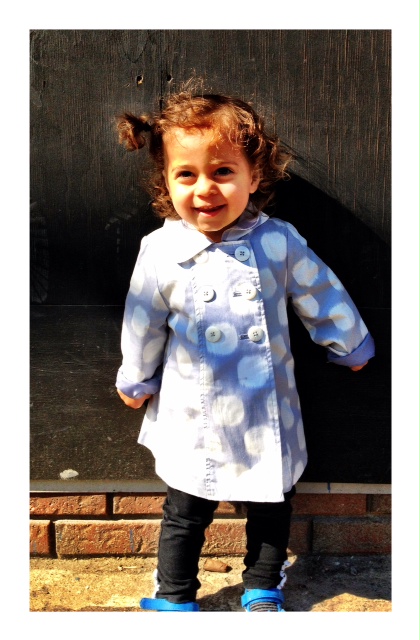Speech and Language Developmental Milestones at 18 months:

- Children use at least 20 words (eg. “mom”, “dad”, “bye”, “more”, “up”).
- Children use new words every week.
- Children understand more words than they can say.
- Children begin to put 2 words together (eg. “more juice”, “hi mama”).
- Children answer simple questions like “What’s this?” with the correct word (eg. “ball”, “book”).
- Children make the following sounds: p, b, m, n, d, g.
- Children use toys for pretend play (e.g. feeding a doll).
- Children point to several body parts, when asked.
- Children show interest in books and enjoy being read to.
- Children follow simple commands, like “Give me the book.” or “Show me the dog.”
How to make daily routines into language learning opportunities
- Language learning happens all day long. If you talk to children while you are doing what you do every day, you are helping them to learn new words.
- When you are doing the laundry, sentences like “Put the sock in.” and “Take the shirt out.” can be repeated. You can never say a word or phrase too many times. Children need a lot of repetition to learn new words and phrases.
- During meal time, dressing time and bath time, talk to children about things they show interest in. Give them the words that they need, now that they are talking.
- You can repeat short sentences such as “Put your sock on.” and “Take your shoes off.” during dressing time and sentences like “The water is hot.” and “Splash the water.” at bath time.
- Children at this age love to sing songs and participate in the song. Songs such as “Row, Row, Row Your Boat” and “The Eensy Weensy Spider” provide both fun and language learning opportunities. After you have sung the song or rhyme many times with children, wait for them to fill in the words at particular points during the song. You can learn new songs and rhymes by visiting your community Ontario Early Years Centre, where there are programs for babies, toddlers and preschoolers and workshops for parents, at no charge.
- Children at this age are becoming more interested in books and should be encouraged to talk about what they see on the page. Family photo albums are also favourites. Library story times provide wonderful opportunities for children to hear different stories and to understand that visits to the library can provide great adventures. For more information on public libraries in your area visit the London Public Library, Middlesex County Libraries, Elgin County Libraries and Oxford County Libraries.
- Children at this age like to read books to dolls and stuffed animals. Reading books with children every day will help their language develop.
What are the best ways to encourage speech and language at this stage?
- All children need to have a variety of experiences, even when they are very young and are just beginning to talk.
- Children at this age are using short sentences, so this is a great time to encourage sentence use. When you use short sentences you are giving children a model of language that they will eventually be able to use (eg. "We can go for a walk.” “I like to eat apples.”). Children will not repeat these sentences the first time they hear them, but when they hear them over and over again, they will start to say similar sentences or create their own.
- Children need to learn action words (verbs) to be able to make short sentences (e.g. “The car goes fast.”).
- Use correct grammar, but keep your sentences short.
- If you emphasize the words and phrases that you want children to learn, it will help them to use those words and phrases.
- Repeat many of the words and songs you are sharing with children. You might think you have sung the song enough, or said the word 100 times. Children love repetition and this is how they learn. You can never say a word or sing a song too many times. By repeating the words, you make it easier for children to learn. For more information on helping children learn language visit The Hanen Centre ©.





